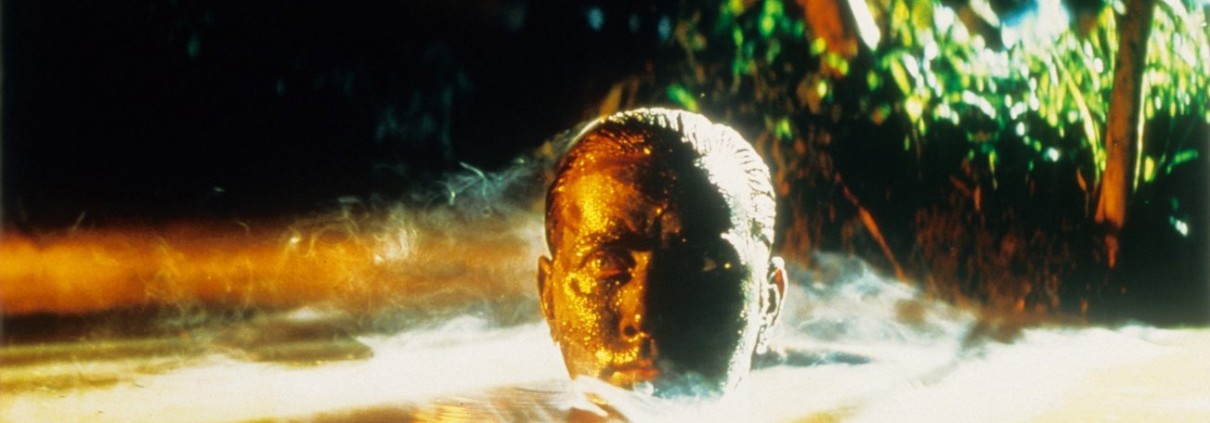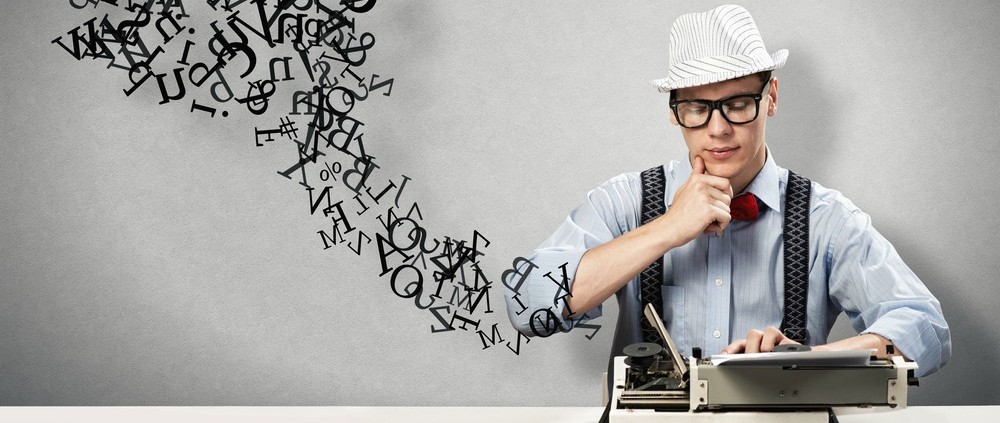Creative Chaos and Other Screenwriting Tips
As I navigated through studio politics and creative challenges, I came to the conclusion that there are only two types of people working in Hollywood.
People who solve problems. And people who create problems.
Guess which one writers need to be?
Now, in fairness, not all problem creators are destructive – at least, not creatively.
Some of the greatest filmmakers we most revere are (or were) notorious crazy makers. This is known, in the purest light, as “inspiration.”
For example, Francis Ford Coppola. By all accounts (and I’ve read plenty), the making of Apocalypse Now was chaos personified.
Novelist William Kennedy, who collaborated with Coppola on The Cotton Club screenplay, watched in bewilderment and dismay as Coppola reshuffled their script – moving the second-act break to become the first-act break.
Chaos.
But if you don’t know already, a certain, indefinable amount of chaos is not only expected, not only tolerated – it is encouraged by the powers-that-be.
Because – often – that’s where the art happens. Just as often, it’s the cause of utter disaster.
Of all the screenwriting tips, the most important is understanding that writers solve problems. Their whole purpose is to solve problems – hopefully without creating more of them.
If you enjoyed this article opt-in to Michael Colleary’s newsletter Here!


